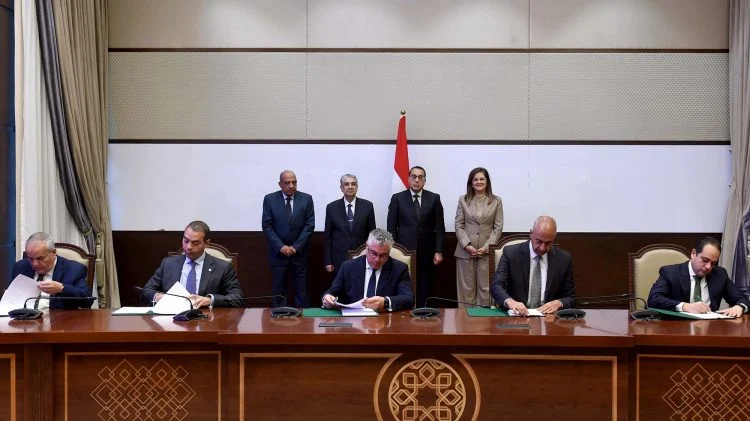UK oil and gas major BP has signed on Wednesday a memorandum of understanding (MoU) with the Egyptian government to study the potential for establishing a new green hydrogen production facility in Egypt.
The MoU was signed with Egypt’s New and Renewable Energy Authority (NREA), the Egyptian Electricity Transmission Company (EETC), the General Authority of the Suez Canal Economic Zone (SCZone), and the Sovereign Fund of Egypt (TSFE).
Under the MoU, BP will carry out several studies to evaluate the technical and commercial feasibility of developing a multi-phase, large-scale green hydrogen (gH2) export hub in Egypt, the company said in a statement on Thursday. High-potential locations across Egypt will be considered as part of the study, it added.
“Egypt has world-class renewable energy resources, and we look forward to working with the Government to explore how we can support its ambitious low carbon strategy,” Anja-Isabel Dotzenrath, BP’s executive vice president of Gas and Low Carbon Energy, said.
“Expanding the remit of our business in Egypt is a testament to BP’s long-term commitment to Egypt. This MoU builds upon Egypt’s endeavours to be a regional energy hub and we are glad to be able to be a strategic partner to support the country’s green energy transition plans,” Nader Zaki, BP’s regional president, Middle East and North Africa, stated.
In Egypt, through the years, BP said it had invested over $35 billion. The company operates the West Nile Delta (WND) gas development and enjoys a strong presence in the East Nile Delta through its Pharaonic Petroleum Company (PhPC), joint venture, and other partners’ operated assets. BP said that, currently, it produces about 70 percent of Egypt’s gas.
On Wednesday, the Egyptian government signed seven new memoranda of understanding with local and international companies to study projects for the production of green hydrogen and its derivatives, a Cabinet statement said on Wednesday.
